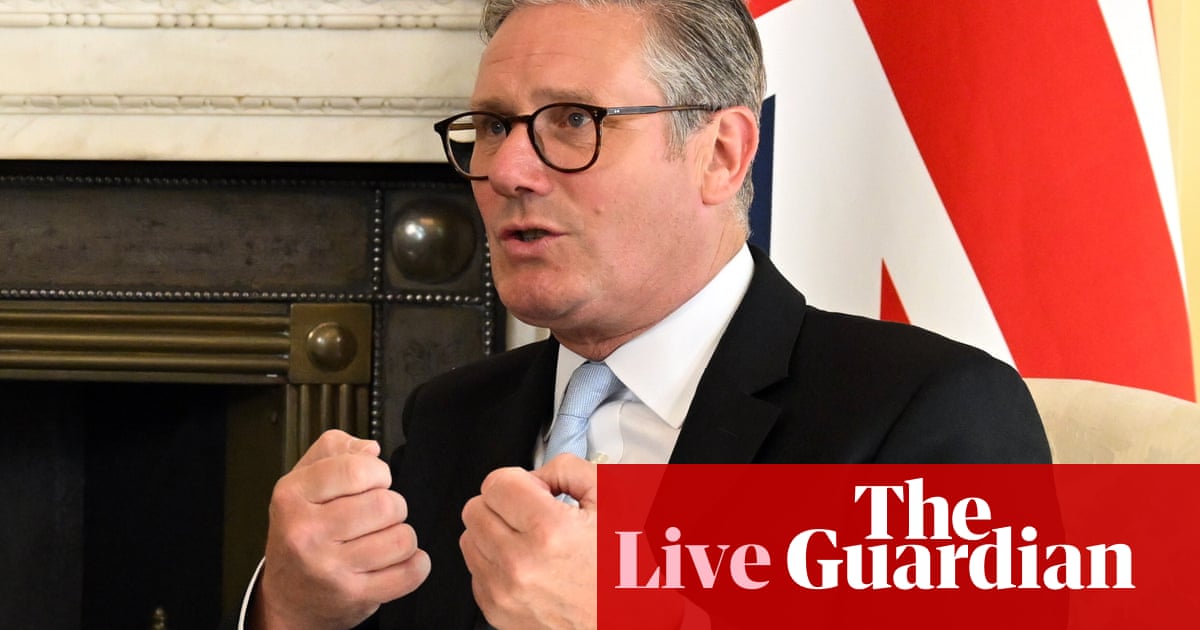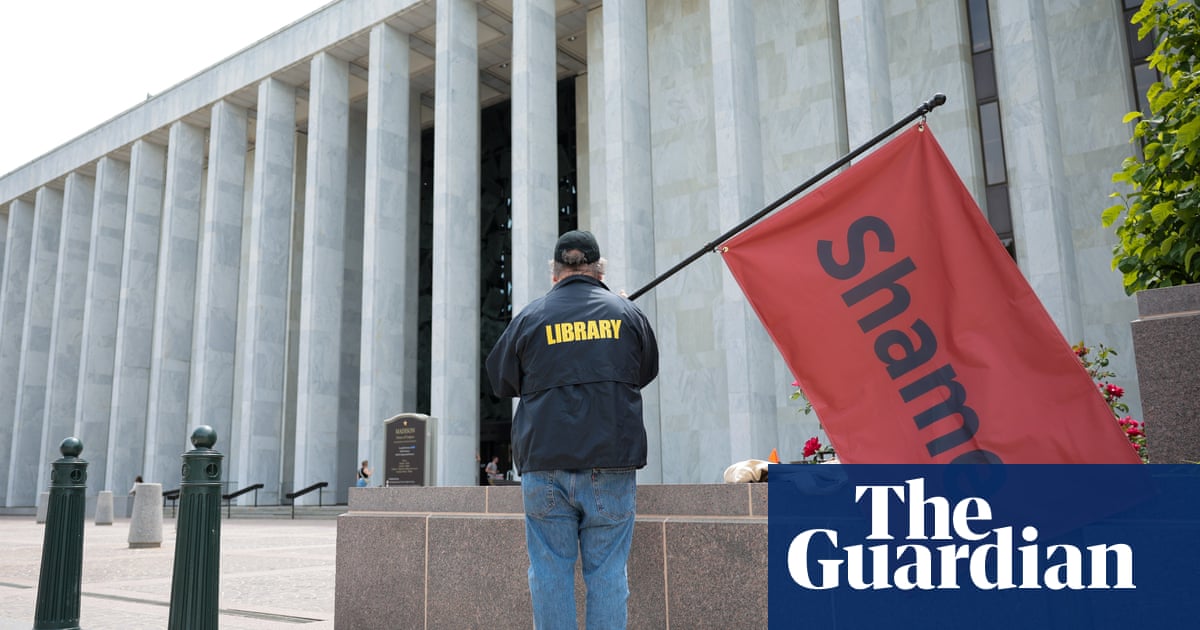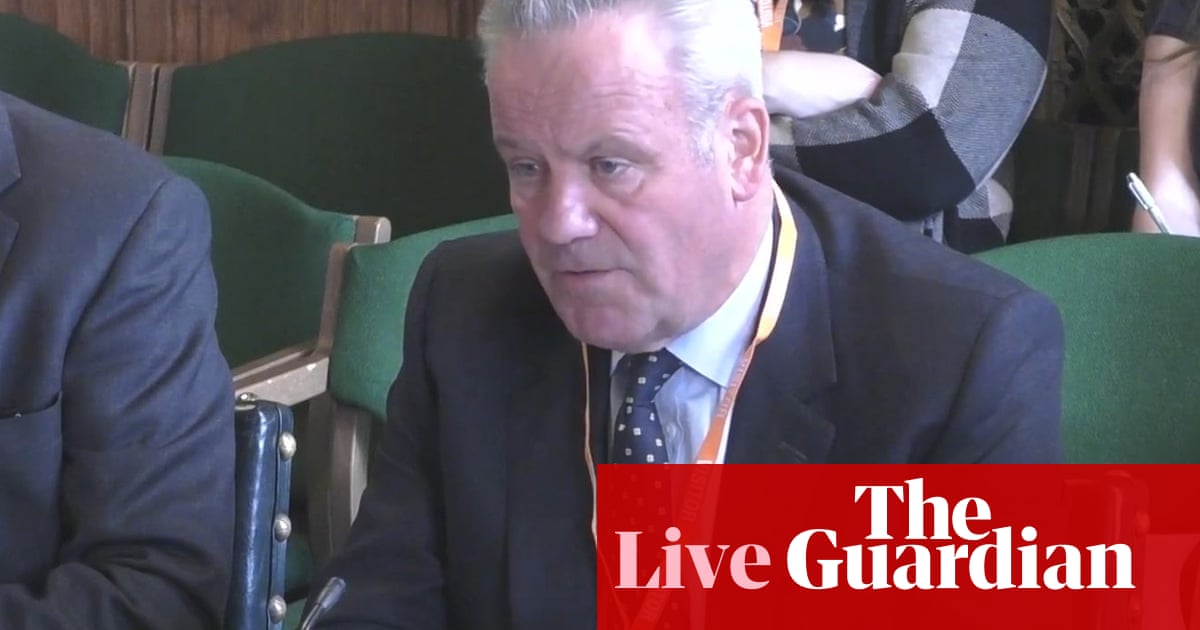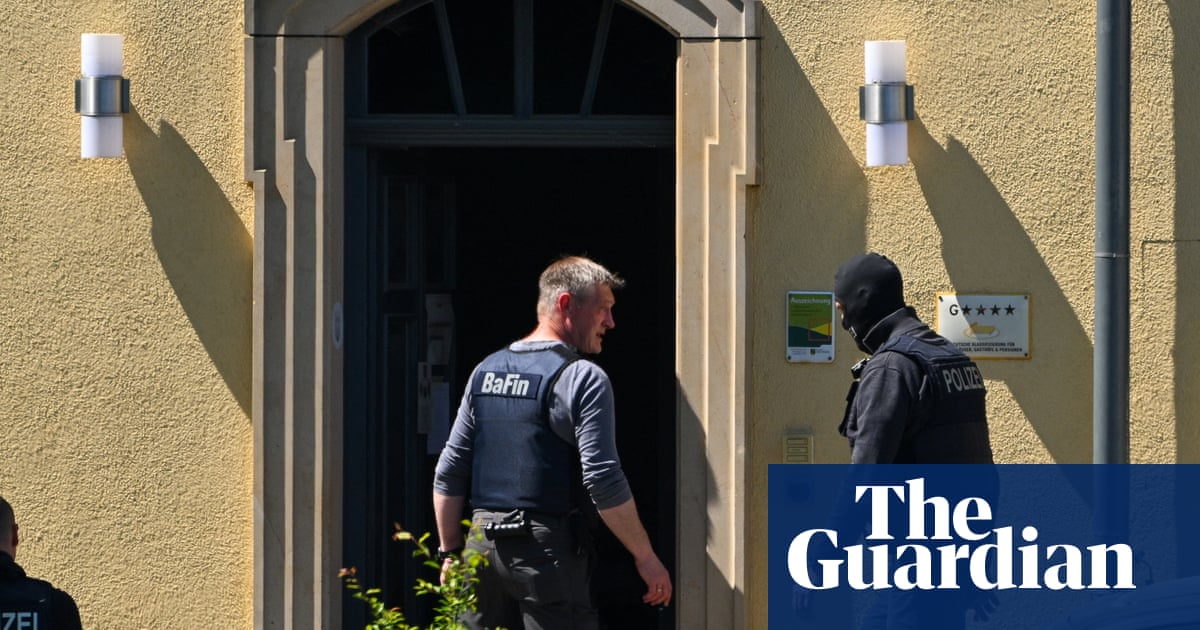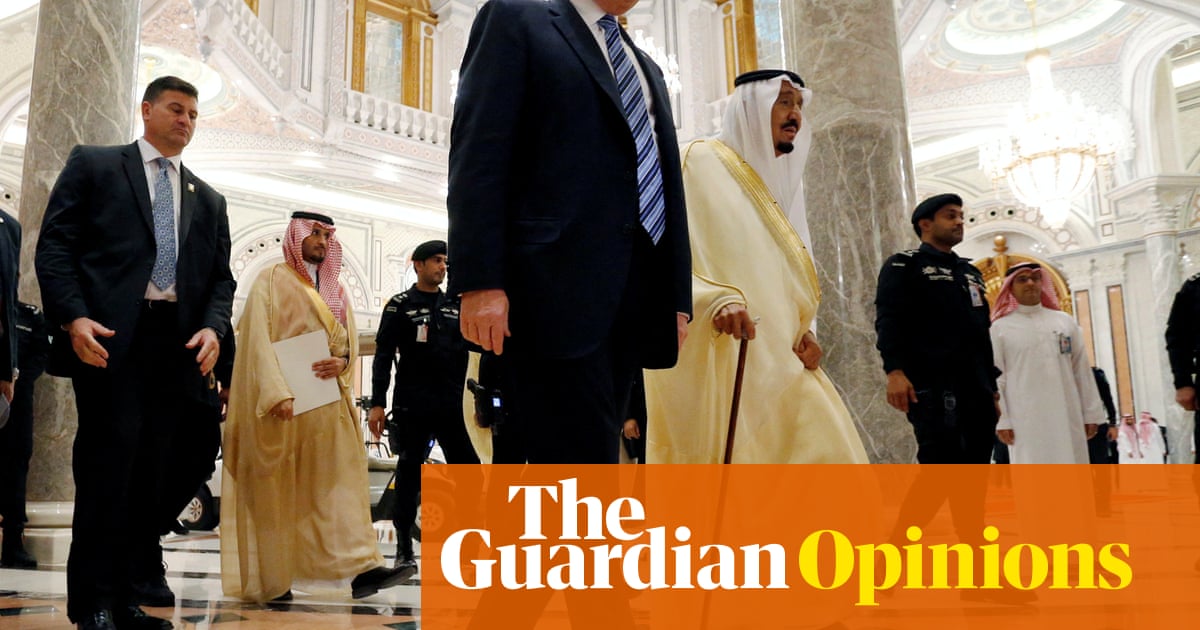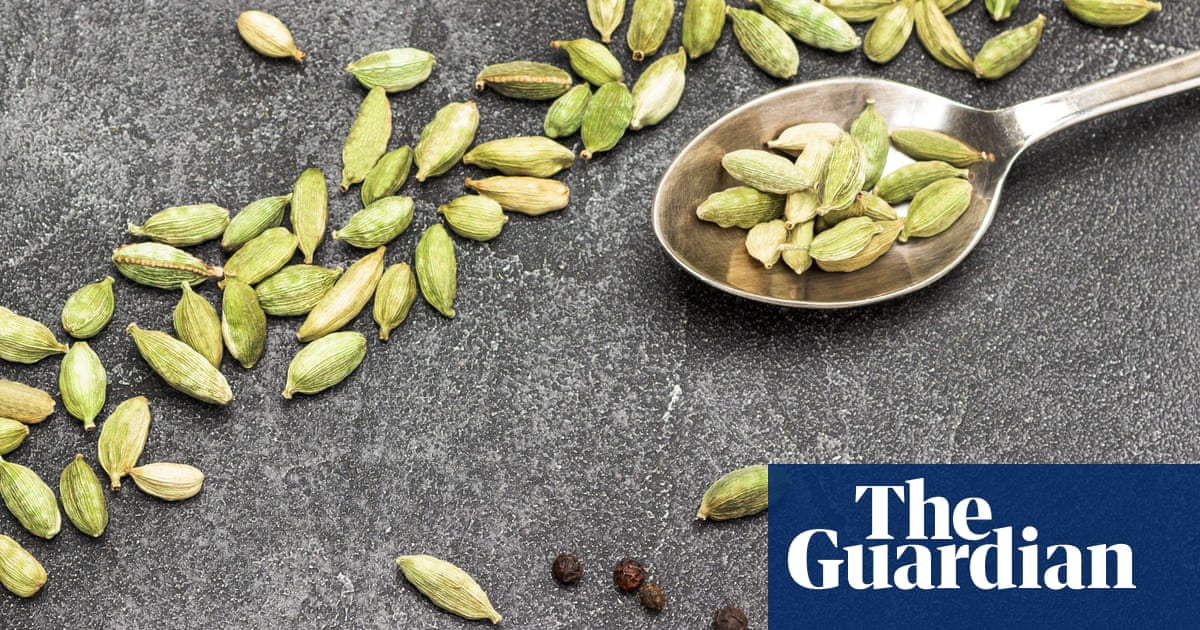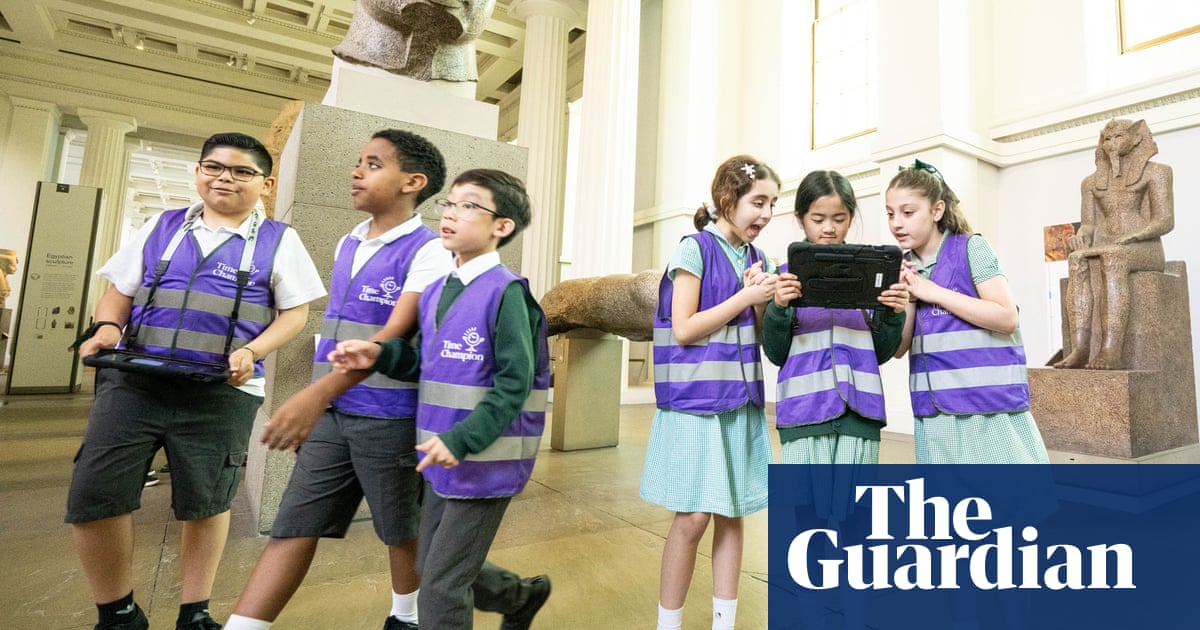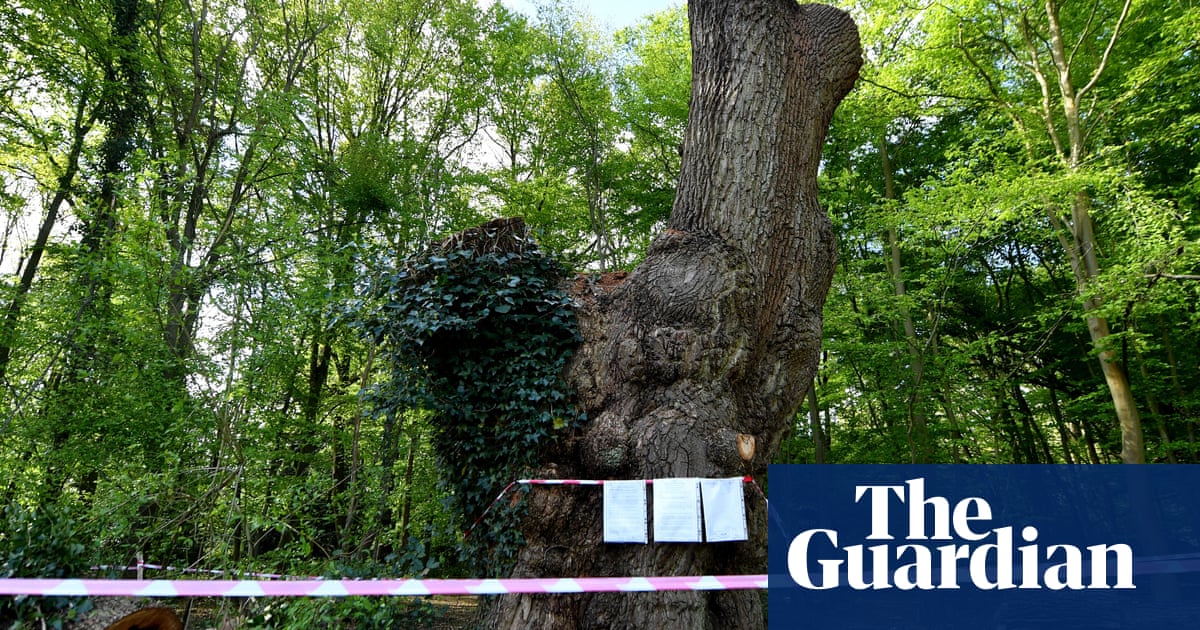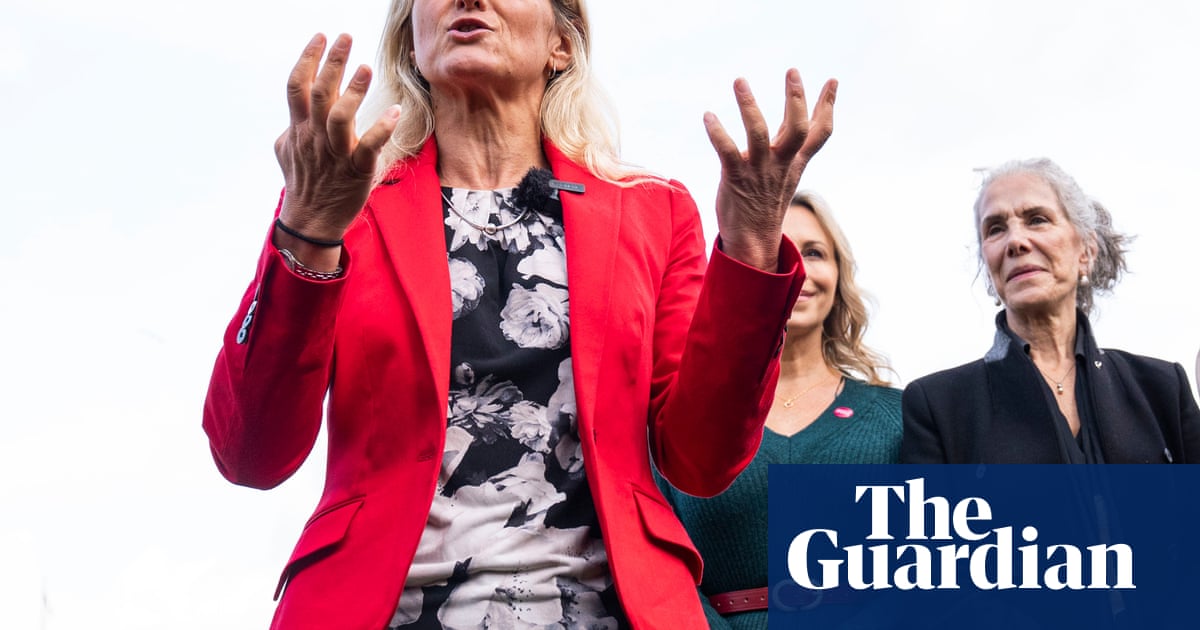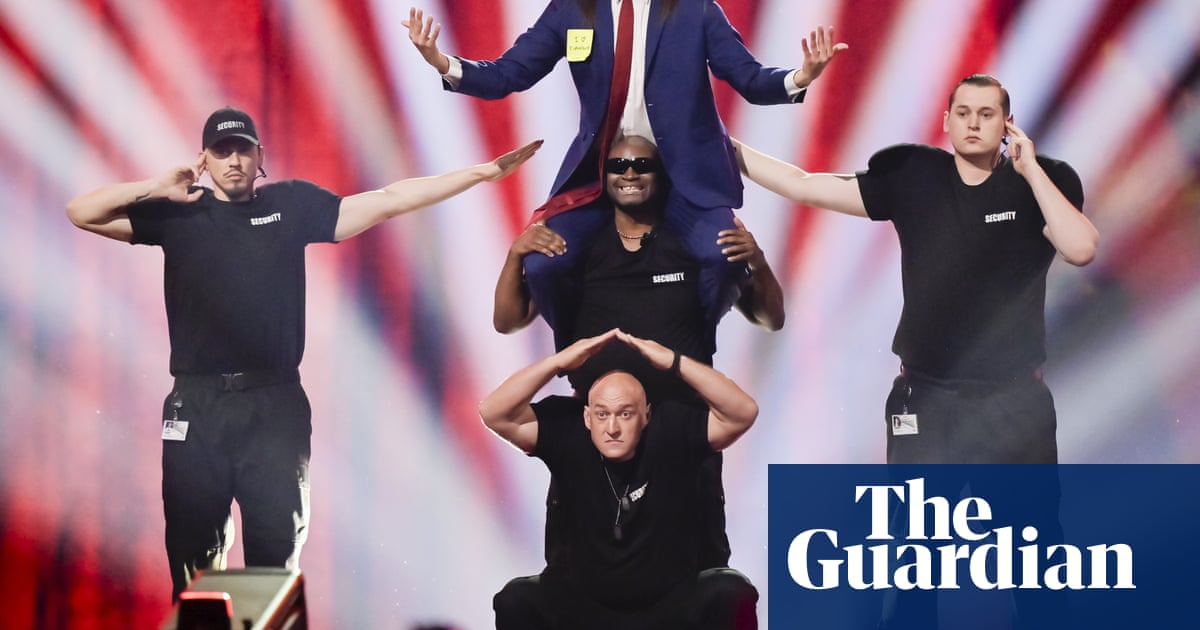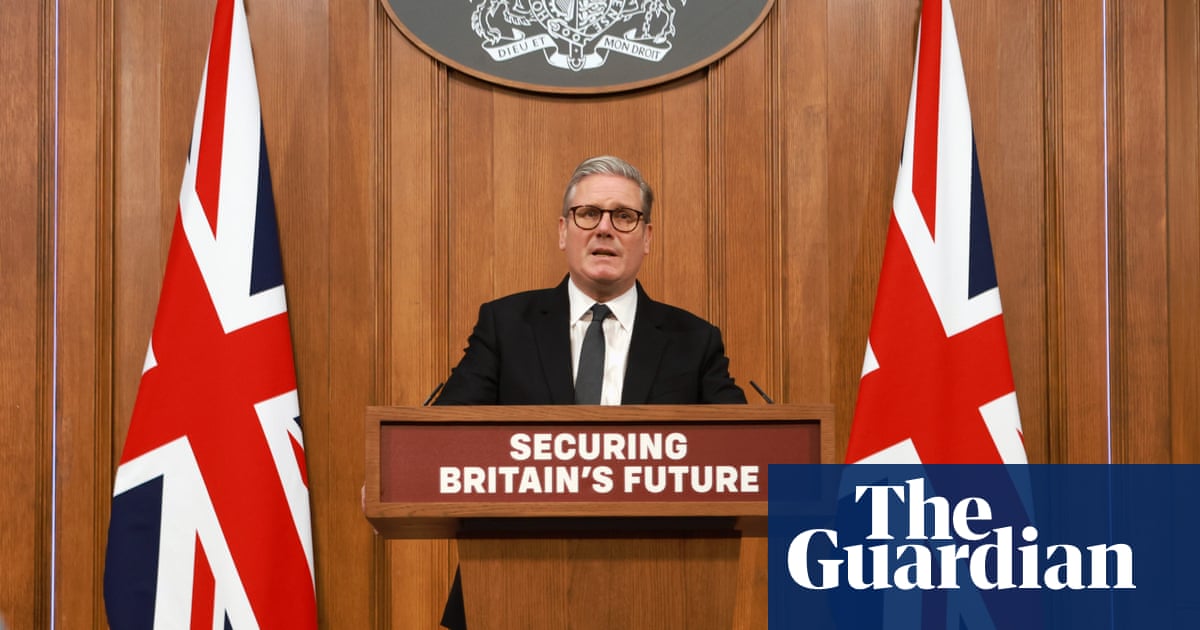The killing of the head of one of Libya’s most powerful militias, which has been accused of abusing asylum seekers and faced allegations of crimes against humanity, has triggered armed clashes in Tripoli, resulting in at least six deaths.
Abdel Ghani al-Kikli, better known as Gheniwa, the commander of Support Force Apparatus SSA, one of Tripoli’s powerful armed groups, based in the densely populated Abu Salim neighbourhood, was killed on Monday night at the headquarters of the 444th Combat Brigade of the Libyan army, a source in one of the country’s security forces told Al Wasat television.
Kikli, one of the capital’s most influential militia leaders, had recently been involved in disputes with rival armed groups, including factions linked to the city of Misrata. His SSA is under the Presidential Council that came to power in 2021 with the government of national unity (GNU) of Abdul Hamid Dbeibah through a UN-backed process.
Armed clashes erupted overnight and gunfire echoed in the city centre and other parts of Tripoli after reports of Kikli’s death.
Libya’s Emergency Medicine and Support Centre said: “Six bodies have been retrieved from the sites of clashes around Abu Salim.
The GNU’s interior ministry called on citizens to stay at home “for their own safety”. After the ministry’s call, drivers started speeding and honking in many Tripoli streets.
One man told Reuters: “I heard heavy gunfire and I saw red lights in the sky.” . Other residents reported gunfire echoing in their neighbourhoods of Abu Salim and Salah Eddin.
The UN mission in Libya urged all parties to “immediately cease fighting and restore calm”, reminding them of their obligation to protect civilians. “Attacks on civilians and civilian objects may amount to war crimes,” it said.
Amnesty International and the European Center for Constitutional and Human Rights (ECCHR) have described Kikli’s group as one of the main perpetrators of violence inside Libya’s detention centres. According to a UN security council panel of experts report in December 2024, Kikli was a central figure in Libya’s balance of power, playing a key role in militia financing through corrupt practices.
As leader of the SSA, he was accused of extrajudicial killings, torture and serious human rights violations. His name appears in a 189-page complaint filed in 2022 by the ECCHR to the international criminal court, listing him among potential co-perpetrators of crimes against humanity linked to the systematic abuse of migrants and refugees.
Diana Eltahawy, the deputy regional director for the Middle East and North Africa at Amnesty International, said in a report published in 2022: “It can come as no surprise that al-Kikli’s militia is yet again involved in horrific crimes – whether against migrants and refugees or Libyans. For over a decade, militias under his command terrorised people in the Tripoli neighbourhood of Abu Salim through enforced disappearances, torture, unlawful killings and other crimes under international law. He should be investigated and, if there is enough admissible evidence, prosecuted in a fair trial.”
In March, a photo shared on X by a Libyan activist showed Kikli in Rome, at the European hospital, visiting a GNU minister, Adel Juma, who was being treated there after surviving an attack in Tripoli on 12 February.
Libya is a major transit point for Europe-bound asylum seekers. For years, human rights organisations have documented how migrants trapped in the country are at the mercy of militias and smugglers. Tens of thousands of people from sub-Saharan Africa are kept indefinitely in overcrowded refugee detention centres where they are subjected to abuses and torture.
The country, a major oil producer in the Mediterranean, has had little stability since a 2011 uprising backed by Nato. Libya split in 2014 between warring eastern and western factions. Major fighting paused with a ceasefire in 2020 but efforts to end the political crisis have failed, with major factions occasionally joining forces in armed clashes and competing for control over Libya’s substantial economic resources.
Reuters contributed to this report

 3 hours ago
7
3 hours ago
7



